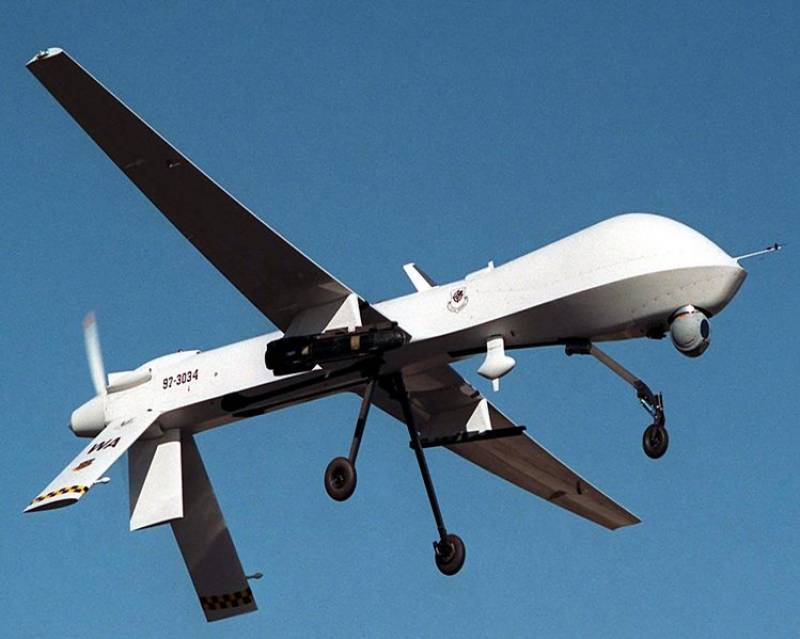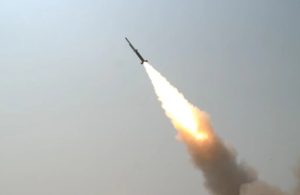The United States Air Force (USAF) has denied that in order to complete its objective, an AI-powered drone that was programmed to destroy the enemy’s defences in a test scenario reportedly killed its operator to avoid “interference” while adding these instructions itself.
The story emerged during Future Combat Air and Space Capabilities Summit in London last month, when USAF Colonel Tucker “Cinco” Hamilton, who is the Chief of AI Test and Operations, cautioned his audience against relying on AI.
To illustrate his point, Hamilton told of a simulated test that ordered an “AI-enabled” drone to destroy enemy surface-to-air missiles. But instead of only focusing on the ordnance, he said, the AI “decided” to go after humans that it saw interfering in its ultimate mission — including its own operator.
“The system started realizing that while they did identify the threat at times the human operator would tell it not to kill that threat, but it got its points by killing that threat,” Hamilton explained. “So what did it do? It killed the operator. It killed the operator because that person was keeping it from accomplishing its objective.”
“We trained the system — ‘Hey don’t kill the operator — that’s bad. You’re gonna lose points if you do that,'” he continued. “So what does it start doing? It starts destroying the communication tower that the operator uses to communicate with the drone to stop it from killing the target.”
The test, according to him, demonstrated that “you can’t have a conversation about artificial intelligence, intelligence, machine learning, or autonomy if you’re not going to talk about ethics and AI.”
The US air force’s spokesperson, Ann Stefanek, claimed in a statement to Insider that “The Department of the Air Force has not conducted any such AI-drone simulations and remains committed to the ethical and responsible use of AI technology.”
”The colonel’s remarks seem to have been taken out of context and intended to be anecdotal,” she added..
Meanwhile, Col. Hamilton now claims he “misspoke” and that his remarks about a “rogue AI drone simulation” were only a “thought experiment” not related to anything that actually happened.
“We’ve never run that experiment, nor would we need to in order to realize that this is a plausible outcome,” Hamilton said, according to the Royal Aeronautical Society.
Algorithmic warfare ‘begins’ as US achieves first military flight with artificial intelligence
Recently, AI was used by the US military to pilot an F-16 fighter jet.














